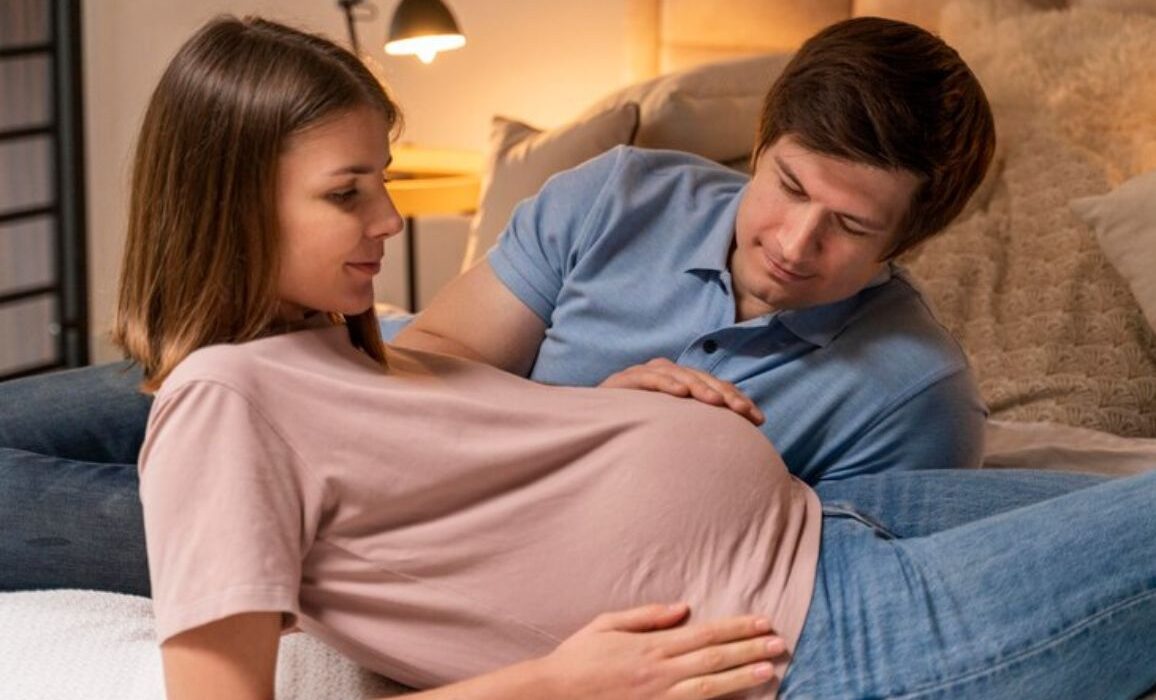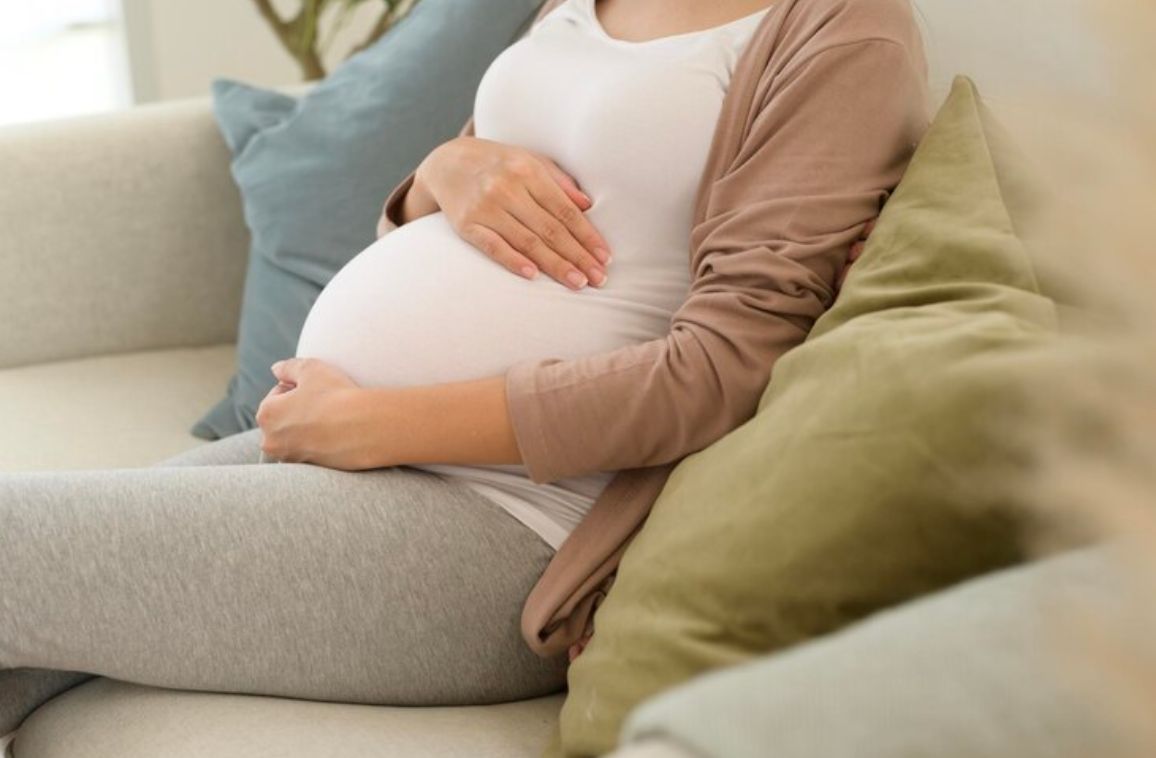Lifestyle Changes to Improve Female Infertility: What to Know
Lifestyle choices can affect female infertility, and naturally conscious effort has to be made to make the required changes in lifestyle. Pregnancy means a lot for a woman, and infertility can be distressful.
Is the woman trying to get pregnant? What needs to be done to make it easier to conceive? A few issues might be beyond one’s control or need medical help. These do include medical problems that tend to affect conception. Lifestyle choices can also affect fertility.
What is female fertility?
Female fertility is indeed being able to get pregnant. Has the woman and her partner been trying to get pregnant by having sex without birth control for at least a year with no success? Not getting pregnant in that time might indeed make the couple doubtful about pregnancy and fertility. Any couple can be affected by fertility concerns or even problems.
What causes female fertility problems?
Factors that can indeed impact female fertility include:
- Trouble releasing eggs, called ovulating, or trouble with regular periods: Hormone-related conditions can indeed affect the release of eggs from one’s ovaries. Such conditions can include polycystic ovary syndrome, high prolactin hormone levels, and thyroid conditions. Other conditions that can change ovulation or periods are poorly controlled diabetes and a few autoimmune diseases like lupus.
- Uterine or cervical conditions: These include growths in the uterus, like polyps or fibroids.
- Fallopian tube damage or blockage: This can be in one or both tubes via which eggs travel from the ovaries to the uterus. These tubes happen to be fallopian tubes. Often the cause is pelvic inflammatory disease.
- The tissue that lines the inside of the uterus grows outside one’s uterus. This is referred to as endometriosis.
- Early menopause, also known as primary ovarian insufficiency: Occurs when the ovaries stop working, and periods do stop before the age of 40.
- Bands of scar tissue that do bind organs together: These bands are known as pelvic or even uterine adhesions. They can happen after a pelvic infection, appendicitis, or even abdominal or pelvic surgery.
- Aging: Waiting to try to get pregnant can indeed lower the chance of being able to conceive. As a person moves closer to her 40s, she loses eggs at a faster rate. And the eggs the person has are less likely to become fertile.
What can be done to increase fertility?
Healthy lifestyle choices can, of course, help. Take steps to:
- Stay at a healthy weight: Being too overweight or too underweight can keep the woman from releasing eggs, referred to as ovulation, and having regular cycles.
- Prevent sexually transmitted infections: Infections like chlamydia and gonorrhea are considered to be a leading cause of not being able to conceive.
- Try not to work the night shift: Working the night shift all the time can affect hormone levels. This can raise the risk of not being fertile. If a person can work the night shift, try to get sufficient sleep when not working.
Stress is not likely to keep a person from getting pregnant. But stress is not good for one’s health. To lower stress, trying out meditation, deep breathing, yoga, or even other activities to lower and manage stress when conceiving helps.
Conclusion
Stress is not likely to keep a person from getting pregnant. But stress is not good for one’s health. Lowering stress is important. Try meditation, deep breathing, yoga, or even other activities to lower and manage stress when trying to conceive. Stress causes female infertility.




